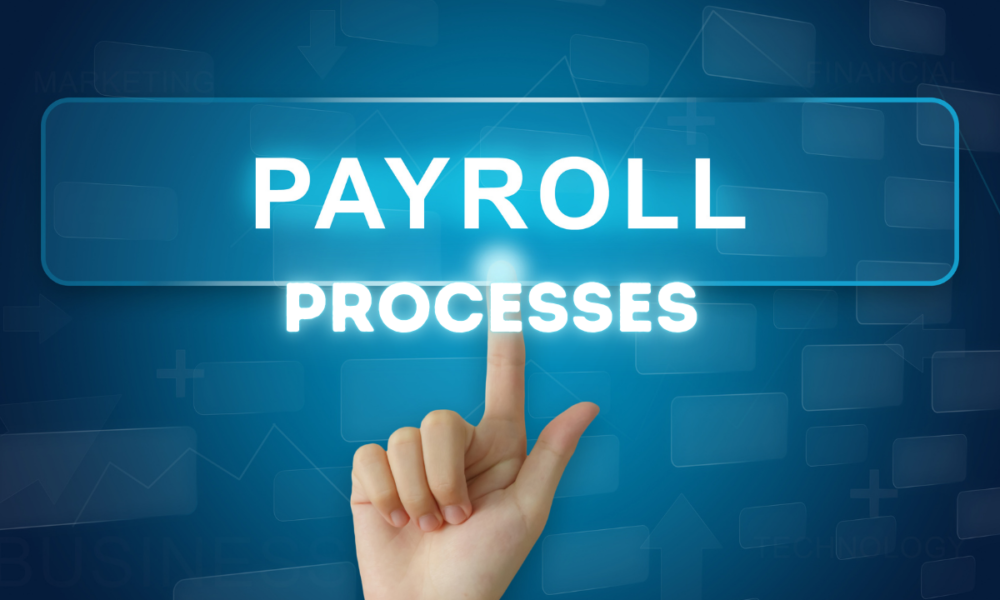The Benefits of Streamlining Payroll Processes for Small Businesses
Table of Contents
- Importance of Effective Payroll Management
- Common Payroll Challenges for Small Businesses
- Advantages of Streamlining Payroll Processes
- The Role of Technology in Payroll Management
- Ensuring Compliance and Accuracy
- Cost Savings and Efficiency Gains
- Real-Life Examples of Small Business Success
- Steps to Streamline Your Payroll Process
Importance of Effective Payroll Management
Efficient payroll administration is essential for small businesses as it affects both financial stability and employee contentment. Accurate and timely payroll minimizes errors and can help avoid legal issues. Payroll errors can lead to mistrust between employees and management, causing unnecessary tension and dissatisfaction. By doing this, payments will be precise, punctual, and in line with regulations, leading to increased employee satisfaction and a more positive work atmosphere.
Common Payroll Challenges for Small Businesses
Managing payroll can be complex, especially for small businesses with limited resources. Many small companies today run payroll online to streamline this essential function. Small businesses often face challenges such as keeping up with tax laws, ensuring timely payments, and maintaining accurate records. These hurdles are not just administrative but also have financial and legal repercussions. According to Forbes, many small businesses struggle with these tasks due to limited resources. Small companies might not have dedicated HR departments or financial experts to handle these complexities, making the task even more daunting. Payroll errors can lead to hefty fines, legal issues, and a demotivated workforce, which can further strain the limited resources of small businesses.
Advantages of Streamlining Payroll Processes
Streamlining payroll processes offers multiple benefits, including reduced errors, improved efficiency, and enhanced employee satisfaction. Automated payroll systems handle various tasks simultaneously, from calculating wages to distributing payments, accruing benefits, and filing taxes. When payroll tasks are automated, businesses can focus on growth strategies and core activities. This automation cuts down repetitive tasks and significantly reduces the manual labor involved, improving overall operational efficiency. Additionally, employees feel more valued and secure when they can count on timely and accurate pay, boosting morale and productivity. Moreover, streamlined processes can lead to faster reporting and analysis of payroll data, enabling better financial decision-making. By minimizing administrative burdens, organizations can allocate resources toward employee development and engagement initiatives that further enhance workplace culture.
The Role of Technology in Payroll Management
Modern technology plays a pivotal role in streamlining payroll processes. Cloud-based software, for instance, allows for real-time data access and automated calculations, minimizing human errors. As TechRadar outlined, using advanced payroll software can significantly simplify tasks for small business owners. The convenience of accessing payroll data from anywhere and anytime is a game-changer for small businesses aiming to be agile and efficient. Furthermore, these technologies often come with built-in compliance checks, ensuring your company adheres to the ever-changing regulatory landscape without additional manual effort. Additionally, many payroll solutions integrate seamlessly with other HR systems, allowing for a holistic view of employee data and enhancing overall workforce management. With ongoing advancements in technology, businesses can expect even more innovative features that will continue to transform payroll management into a more strategic function.
Ensuring Compliance and Accuracy
Maintaining compliance with state and federal laws is a non-negotiable aspect of payroll management. Non-compliance can lead to severe penalties and legal issues that are financially devastating for small businesses. Automated payroll systems help maintain accuracy and ensure all legal requirements are met, thereby avoiding costly penalties. These systems have built-in updates that monitor regulatory changes, keeping your business compliant effortlessly. By automating these critical compliance checks, companies can avoid the stress and expense of potential penalties and lawsuits. Furthermore, regular audits facilitated by automated systems can identify discrepancies before they escalate into larger issues. This proactive approach not only protects the business but also fosters a culture of accountability among employees regarding compliance matters.
Cost Savings and Efficiency Gains
By streamlining payroll, small businesses can achieve significant cost savings. Automation decreases the requirement for significant manual work, minimizes mistakes that result in financial penalties, and allows for more effective utilization of time and resources. This affordable method enables small businesses to use their resources wisely while concentrating on expansion and improvement. Time saved from manual payroll tasks can be redirected toward revenue-generating activities, enhancing overall business productivity. Additionally, reducing the risk of errors means fewer costly mistakes that can have long-term financial impacts. Investing in streamlined payroll processes can also lead to lower administrative costs over time as businesses scale without needing to proportionally increase their payroll staff. Ultimately, these savings contribute to a healthier bottom line and allow for reinvestment in other critical areas of the business.
Real-Life Examples of Small Business Success
Numerous small businesses have successfully streamlined their payroll processes, enhancing business operations. One example includes a local bakery that reduced error rates by 30% and saved considerable time by adopting automated payroll systems. The bakery owner can now focus on expanding product lines rather than being bogged down by payroll issues. Another example is a small IT firm that, after implementing an advanced payroll system, witnessed a 40% reduction in the time spent on payroll tasks, allowing the team to concentrate on innovation and customer service. Additionally, a family-owned retail store reported improved employee satisfaction after switching to an automated system that ensured timely paychecks and accurate benefit calculations. These success stories highlight how embracing technology not only streamlines operations but also contributes positively to employee engagement and overall business growth.
Steps to Streamline Your Payroll Process
- Evaluate your current payroll process and identify bottlenecks.
- Invest in modern payroll software that suits your business needs.
- Train your staff on using the new system effectively.
- Regularly review and update the payroll process to adapt to any regulation changes.
- Seek professional advice if needed to ensure compliance and efficiency.







